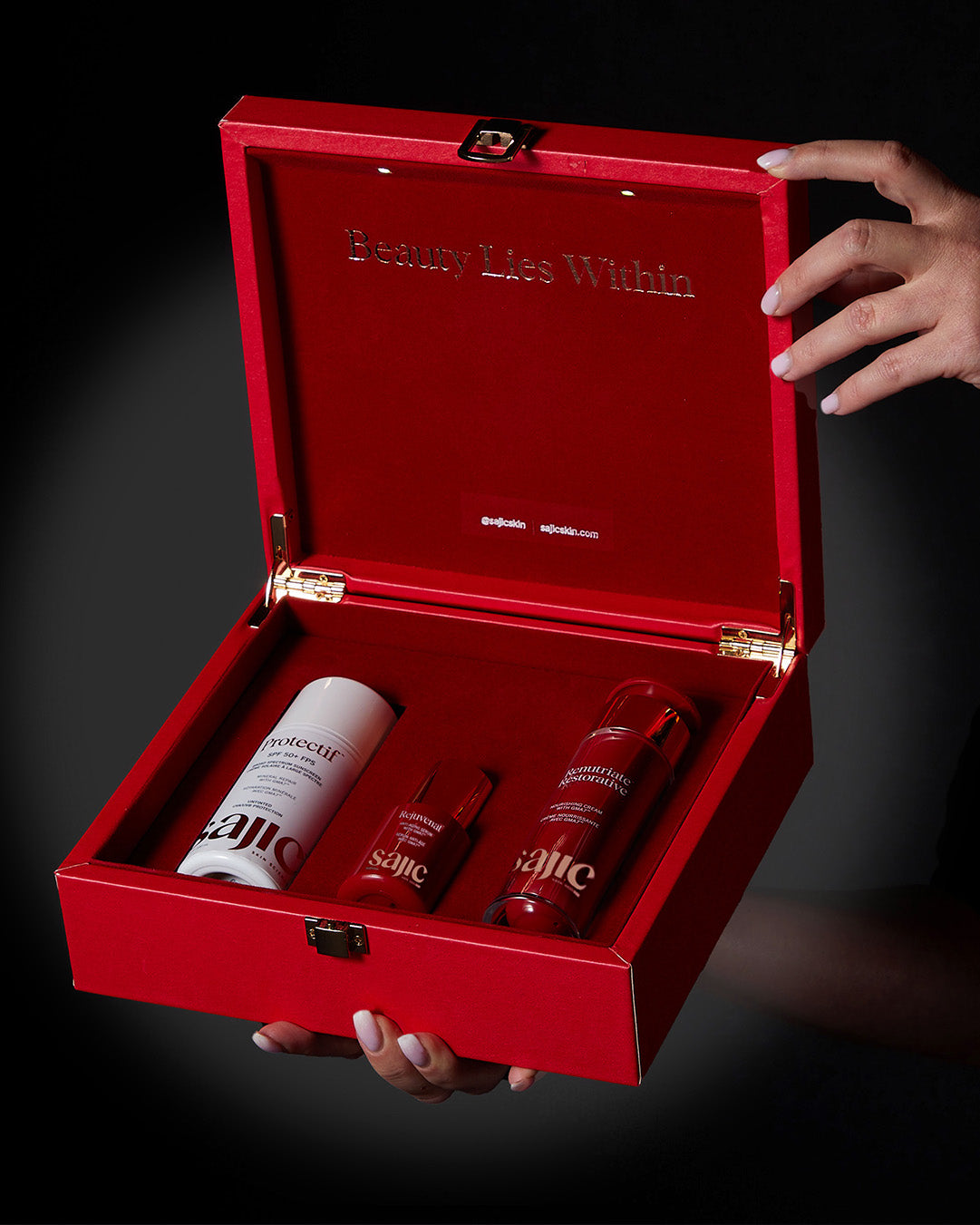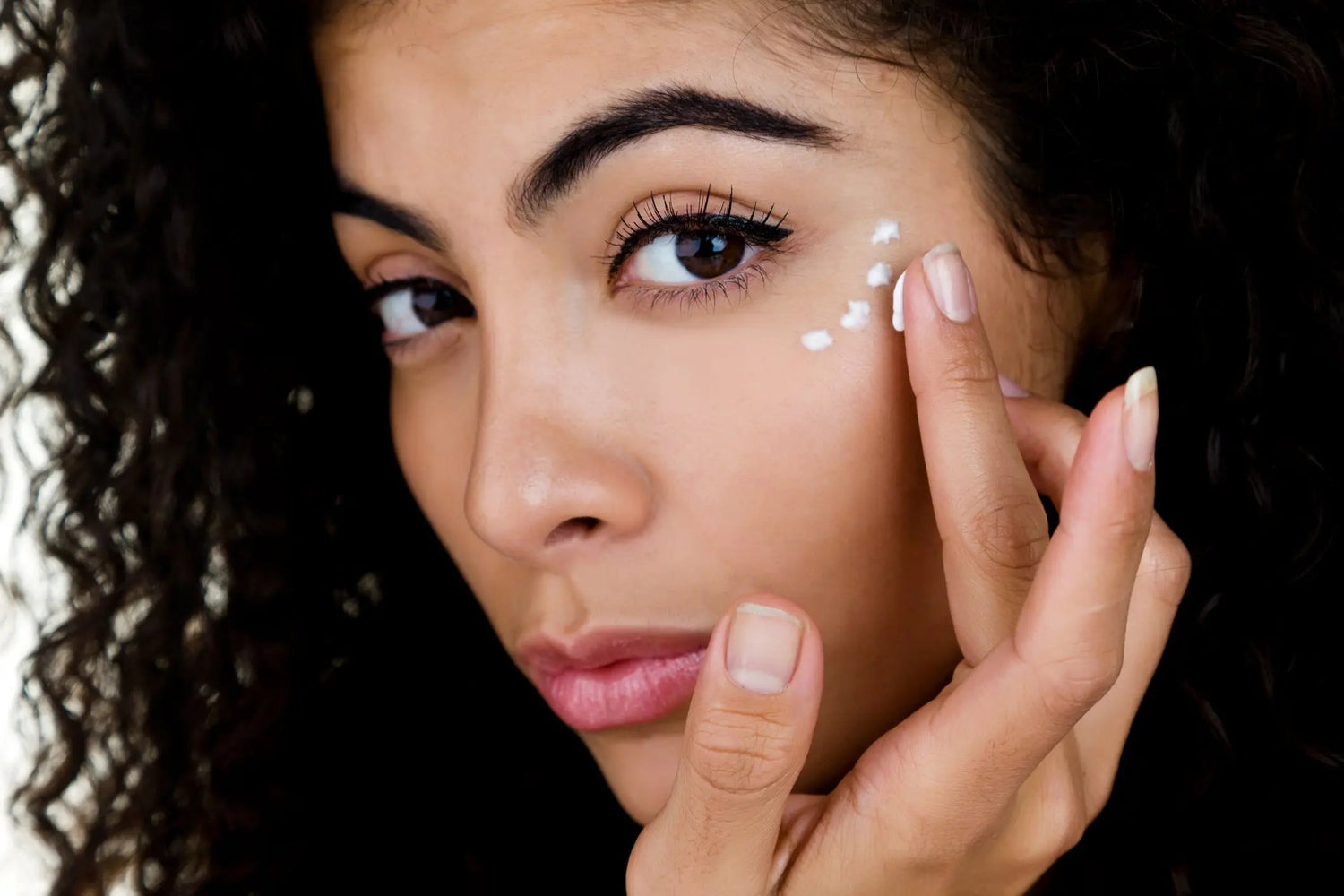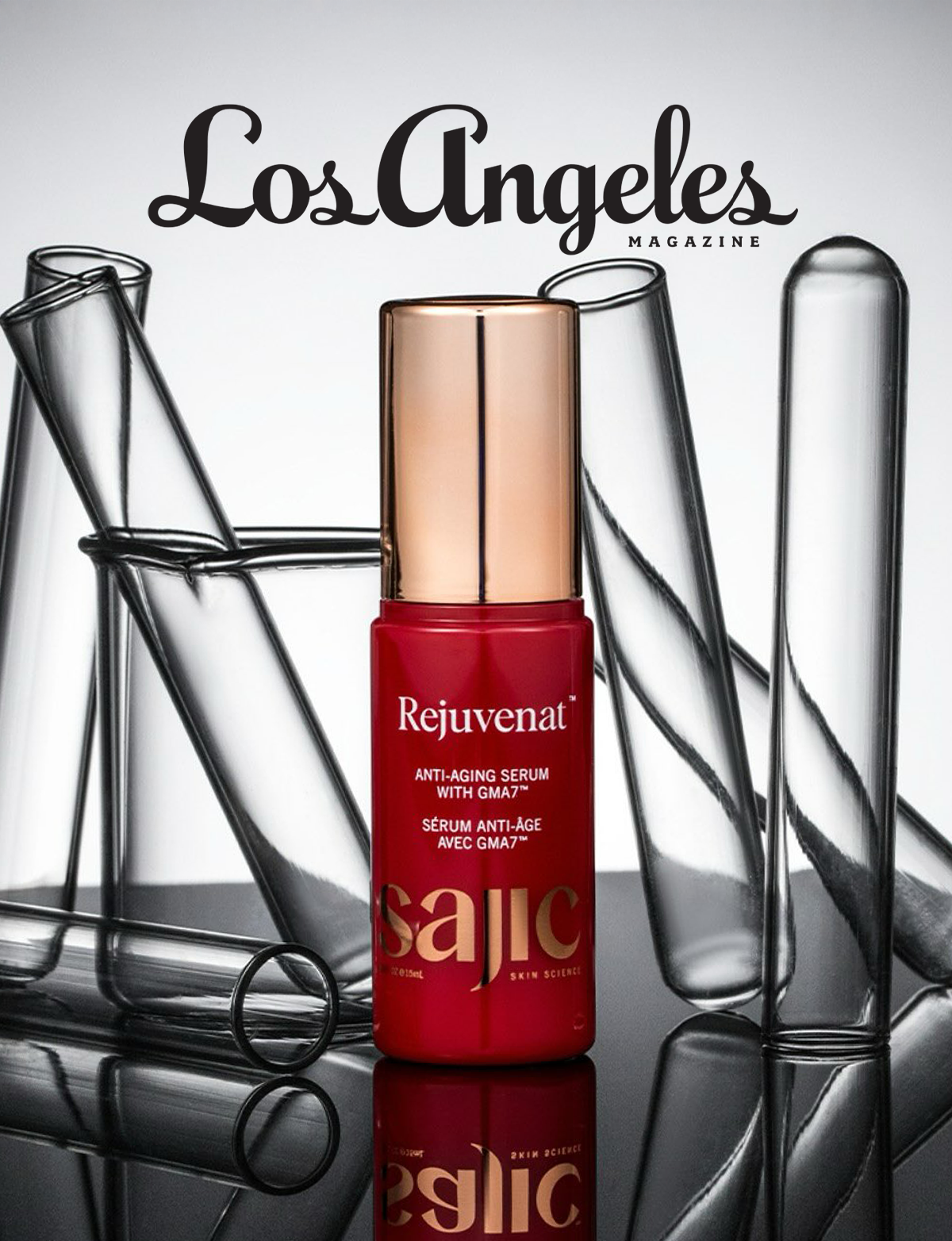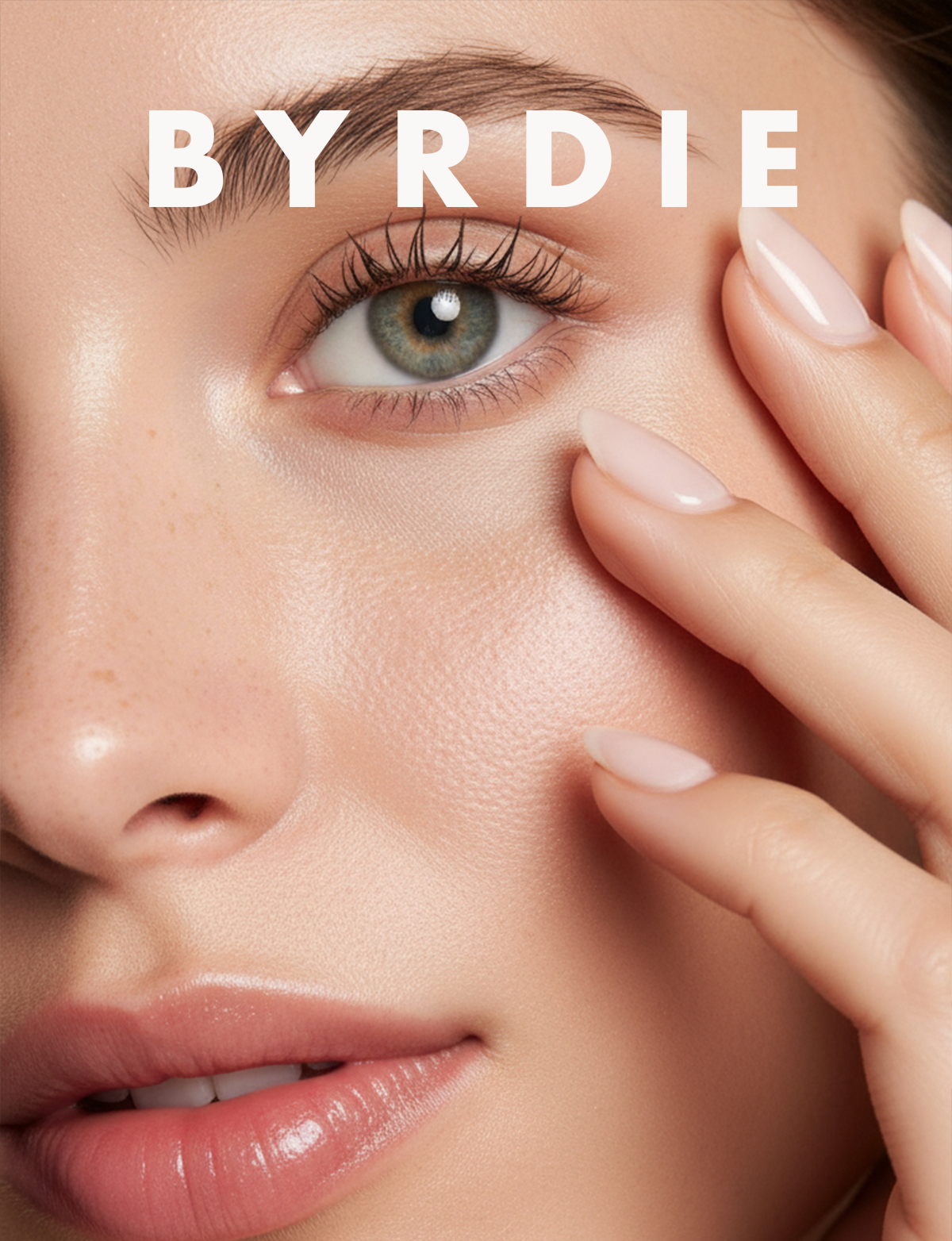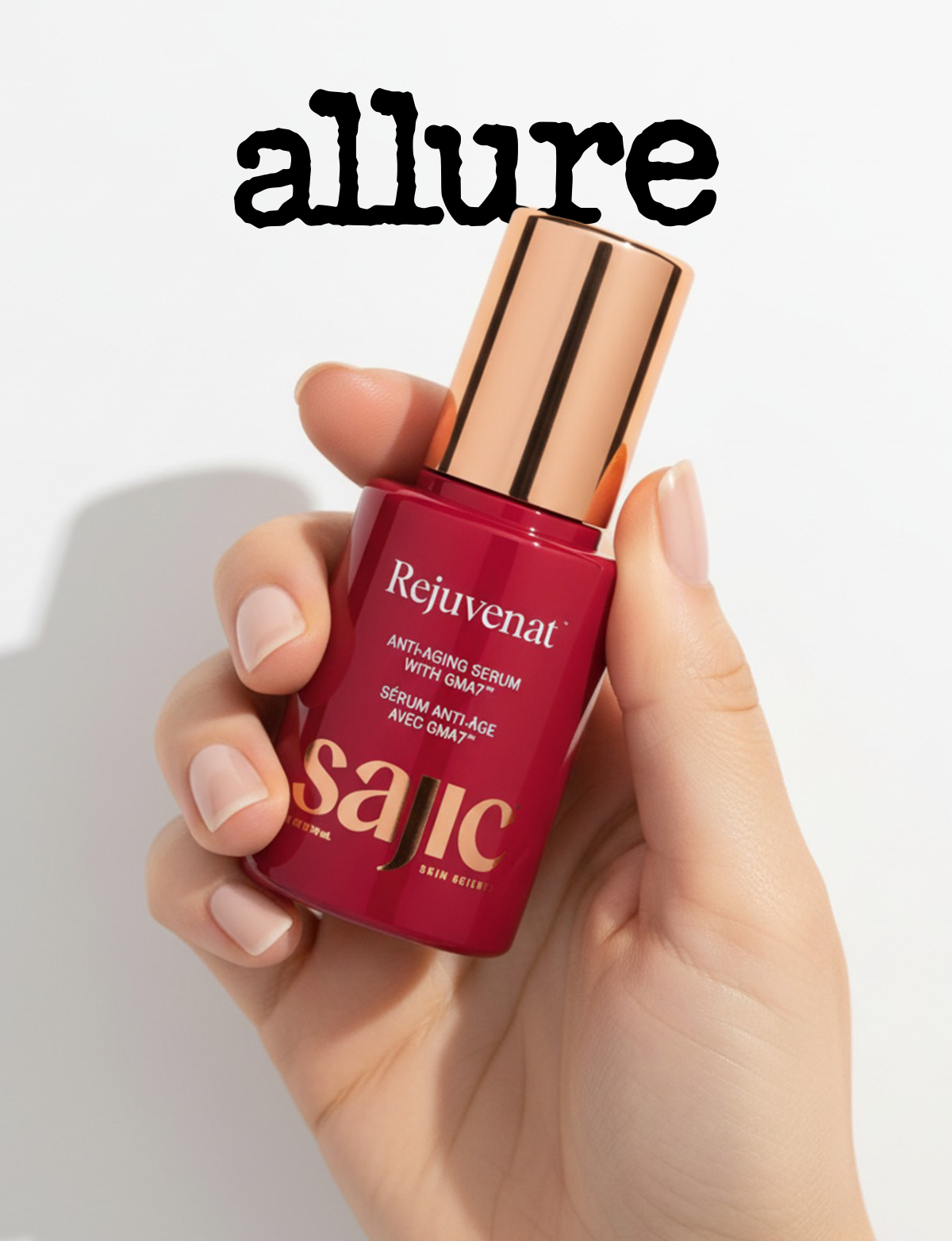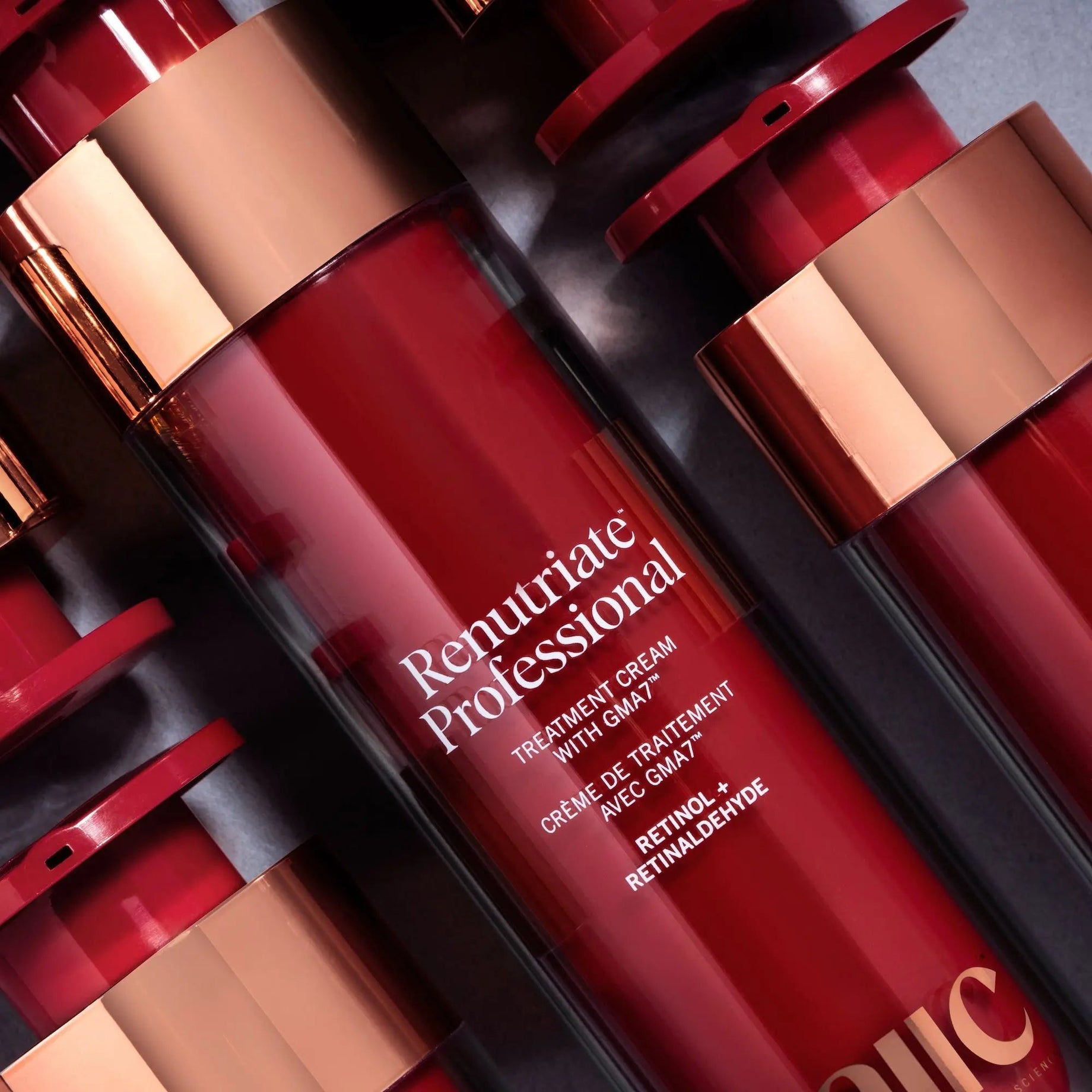For as much as beauty afficionados know about skincare, it’s amazing how little most people understand about sunscreen. Sure, it’s common knowledge that a topical SFP helps prevent harm from UV rays. But exactly how much should a person apply? How frequently? What about if you’re mostly indoors? And which kind of sunscreen is best?
Media outlets regularly turn to Dr. Dusan Sajic as one of the world’s leading dermatologists for his clinical expertise in sharing just such information. So we at Sajic Skin Science have compiled the top facts everyone must know about sunscreen.
Who needs sunscreen?
Absolutely everyone. From the time children reach six months of age, a broad-spectrum SPF is recommended.
What does SPF mean?
SPF stands for Sun Protection Factor. The level of SPF, represented by a number, is the number of times longer it would take for you to burn that if you were using no sunscreen.
What Level SPF Should I Use?
For a day outdoors, an SPF of 30 or higher is recommended.
Do I need SPF indoors?
Yes. A broad-spectrum SPF of 15 or higher is suggested daily, because even indoors UV lights and the blue light from screens and monitors can cause damage to unprotected skin. Even on a cloudy day, about 80% of the sun’s UV rays reach the earth’s surface.
How often should I reapply?
If you’re spending time outdoors, it is best to reapply every two hours.
How does sunscreen work?
The ingredients help prevent UV radiation from penetrating your skin. Minerals like titanium dioxide and zinc oxide effectively block and scatter the rays, bouncing them away before they can affect your skin cells.
Why is broad-spectrum important?
There are two types of UV rays. UVB cause sunburn. UVA cause premature aging. In the past, sunscreens focused on protecting against UVB. Now that the science is clearly understood, the leading sunscreens offer broad-spectrum protection against both UVA and UVB.
What are the risks of not using sunscreen?
They vary from serious health risks to cosmetic concerns. One in 5 people will be diagnosed with skin cancer in their lifetime, and 90% of all skin cancers are related to UV rays. And up to 90% of the signs of aging are also related to sun exposure.
